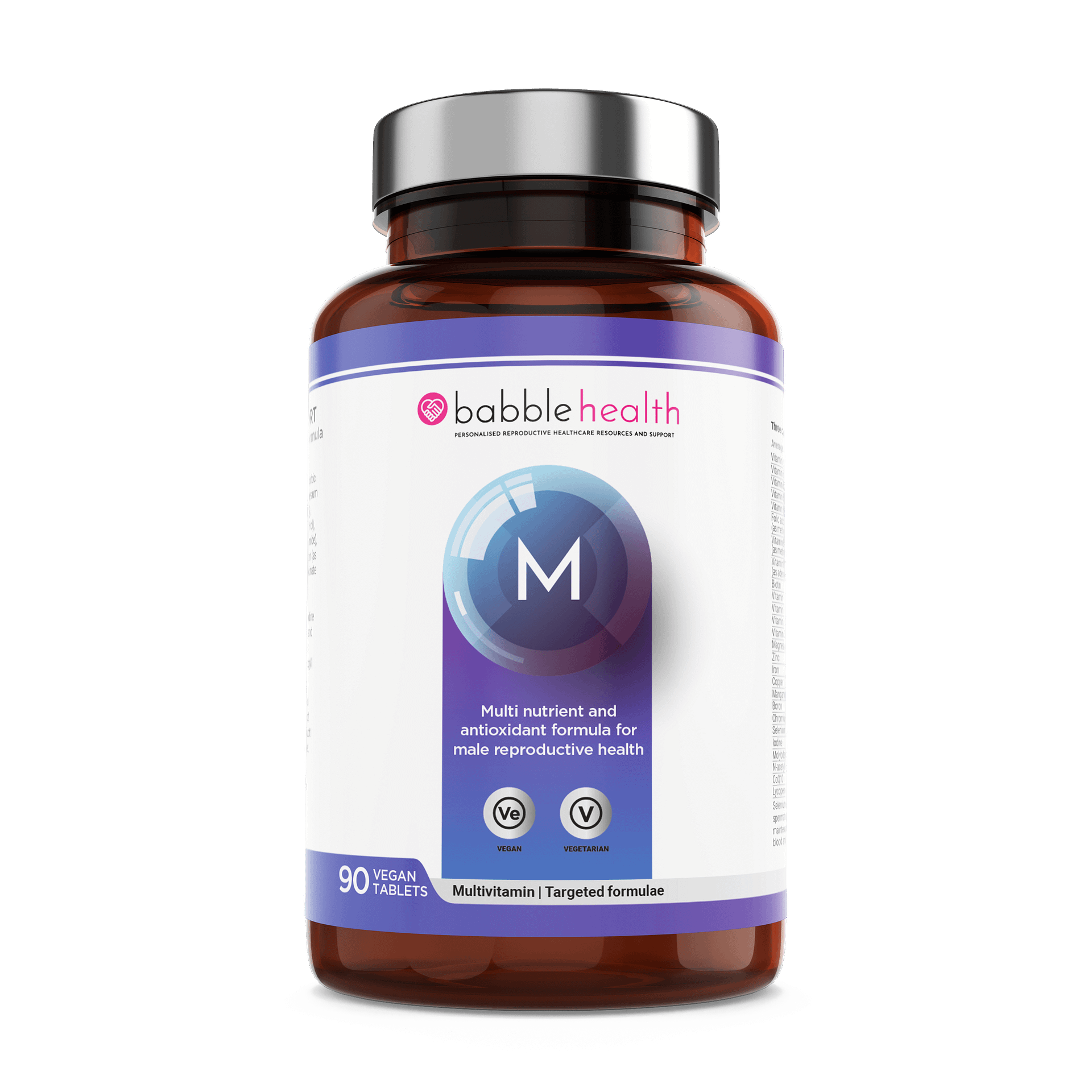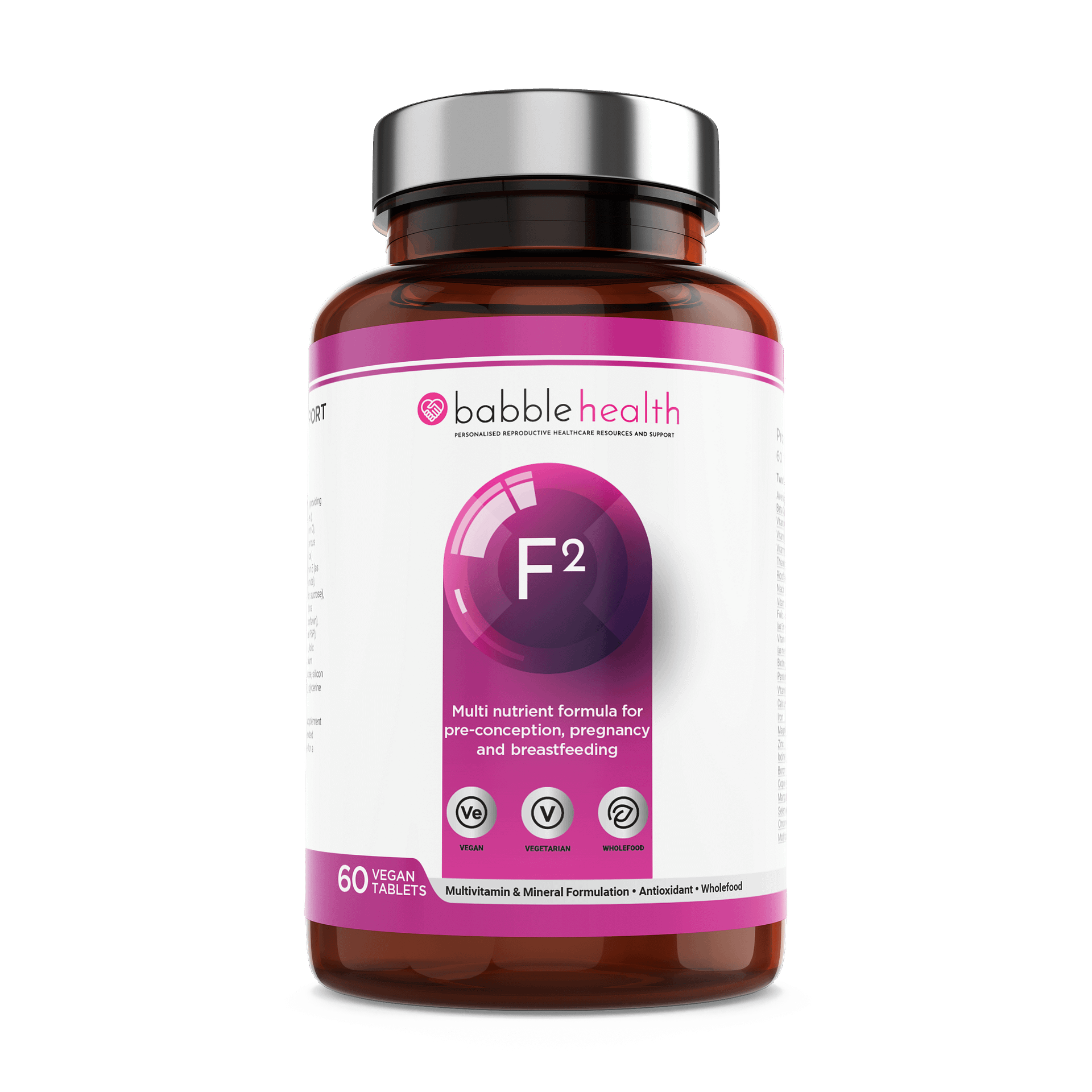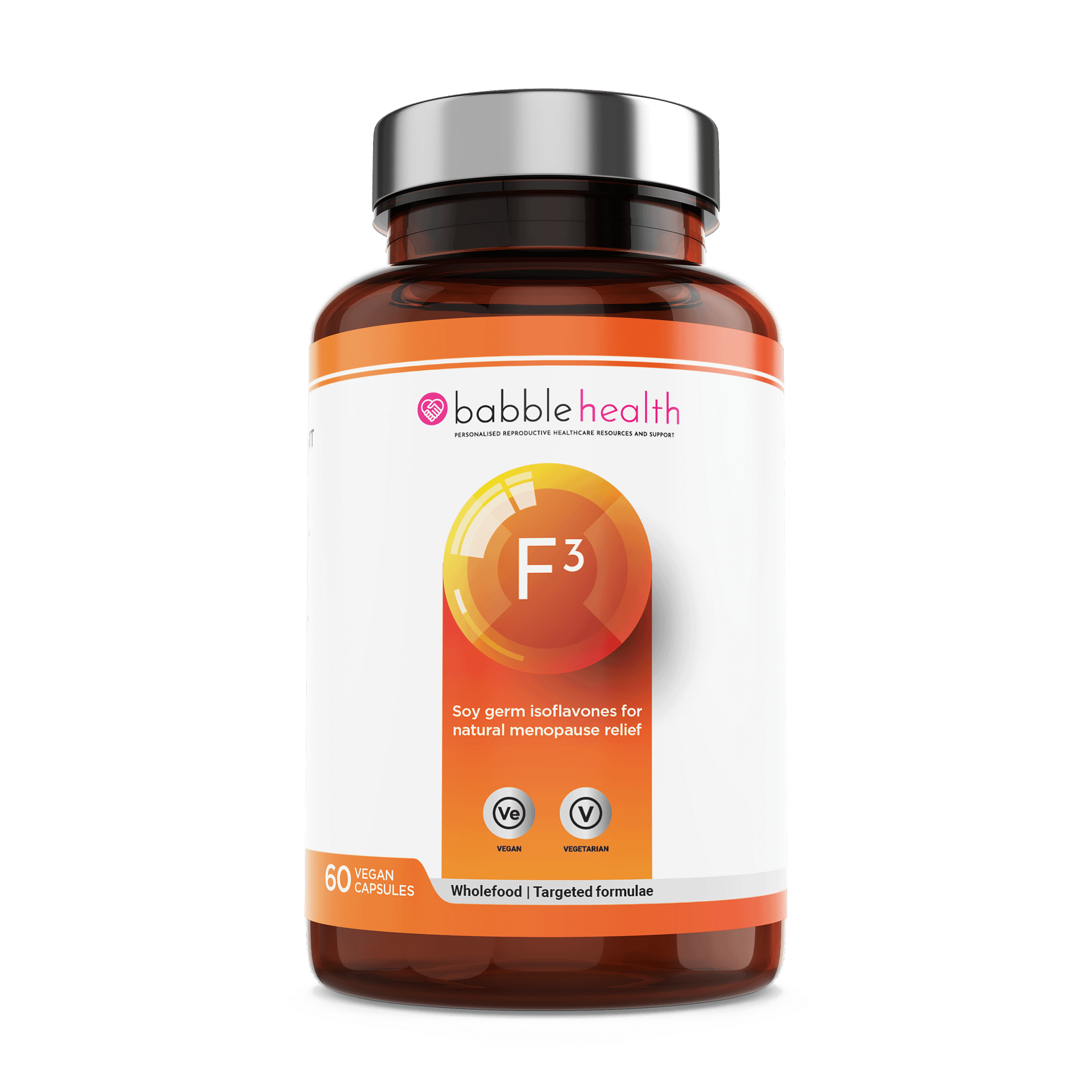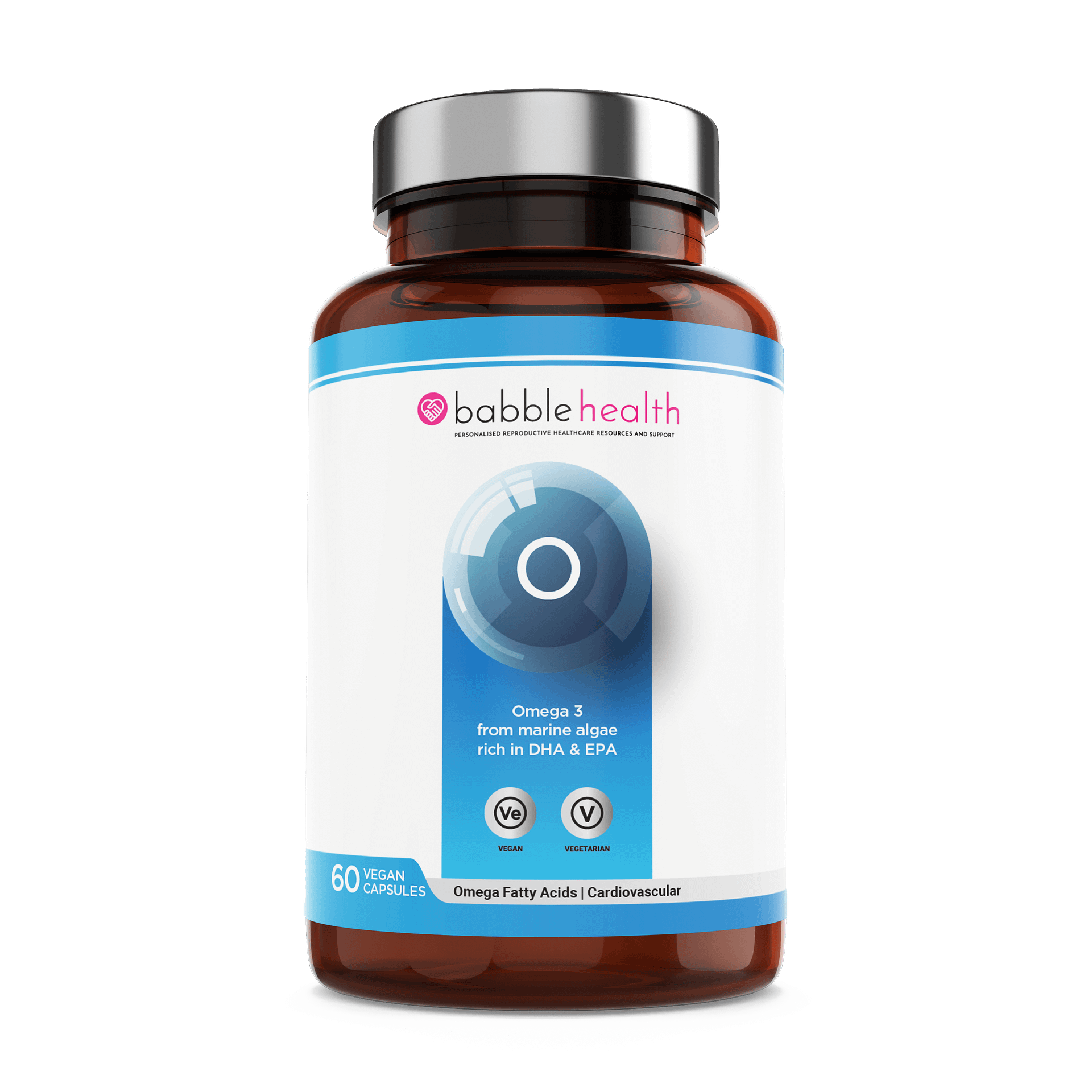Sue Bedford MSc Nutritional Therapy
Tomato goodness!
Tomatoes are packed full of important nutrients (too many to mention here!). Let’s explore a few key ones though! Tomatoes are an excellent source of vitamin C – a powerful antioxidant that has many important functions in the body, from immune support, to skin health, in the prevention of blood clots and offering protection from prostate cancer. But when it comes to fertility, alongside the vitamin C (which helps to protect the egg and sperm from oxidative stress caused by free radical damage) tomatoes contain Lycopene. Lycopene is a naturally occurring carotenoid. The main food source of lycopene for many being the tomato. Carotenoids are powerful antioxidants, and provide red, yellow and orange colour to fruit and vegetables. They have an important role in that they protect the cells of the body from damage caused by free radicals.
Red peppers are great too!
Red peppers also pack their own punch. They offer superior amounts of antioxidants and nutrients to other coloured peppers. They are an excellent source of beta carotene – important for night vision. Their vitamin C content is amazing – with one red pepper providing roughly 300%of your daily vitamin C intake – so if you are iron deficient try combining a red pepper with your iron source for maximum absorption. Red peppers are also a great source of magnesium and vitamin B6. This combination is quite powerful and is thought to help decrease anxiety, especially related to pre-menstrual symptoms. Vitamin B6 is also a natural diuretic, which helps to reduce bloating and has been linked to reducing hypertension in some studies. Red peppers also contain very high levels of Lycopene.
Lycopene
There have been various studies conducted into the benefits of lycopene in the prevention and treatment of various cancers, atherosclerosis and heart disease.
In relation to fertility, there have also been some studies into the beneficial effects of lycopene on male fertility. Research has been carried out to examine the effect of the antioxidants in lycopene in helping to protect developing sperm from free radical damage and possible DNA damage.
‘Our work shows that a diet rich in lycopene can promote fertility in men struggling with infertility. In part we can conclude that men who have poor quality sperm can benefit from lycopene, and should consider a balanced diet as part of their strategy to reproduce, especially a diet including tomatoes’ said Dr. Narmada Gupta, Head of the Urology Department at the All India Institute of Medical Sciences in New Delhi, India. Further studies have now found that antioxidants can elevate sperm count, morphology, motility and concentration.
In women, recent research has indicated that lycopene may be useful in reducing the abnormal activity of cells and as a result may reduce the adhesion effects of endometriosis. Dr Tarek Dbouk, from Wayne State University in Detroit, Michigan, said ‘What we found in our laboratory study is that lycopene can help with the adhesions that these conditions cause. One of the major complications of endometriosis is that it causes inflammation which induces adhesions. The inflammation basically causes scarring. What we did was to look at protein markers that could help us trace the activity of the abnormal cells that cause these adhesions. The lycopene worked to reduce the abnormal activity of these cells. So, hypothetically speaking, we might be able to reduce the adhesion effects of endometriosis.’ Dr Dbouk also added that ‘It is certainly possible that you could get the amount you need from your diet.’ More research was to be conducted into the amount of lycopene required.
Research has discovered that cooked tomato products provide a more readily available source of lycopene as compared to raw tomato. This is due to the fact that the cooking process releases lycopene from the cell walls of the tomato. Other good food sources of lycopene are pink grapefruit, watermelon, guava and rosehip.
Top tips on ways to get the most out of your tomatoes!
- Buy ripe tomatoes as they have a considerably higher lycopene content than was thought to be the case as under ripe tomatoes have considerably less lycopene in them.
- Try growing your own!
- Cook using tomato puree as it has a lower water content than fresh tomato, so the nutrients are concentrated. In recent studies it has been discovered that lycopene is more bioavailable from tomato paste than from fresh tomatoes.
- Enjoy your tomatoes with a little olive oil as this will increase how much lycopene your body absorbs.
Don’t forget the onions and garlic!
The onions and garlic in this soup provide many nutritional and health benefits. They are both examples too of prebiotics. Prebiotics are important in our gut as they help the growth of the ‘good’ bacteria (Probiotics). They come mostly from carbohydrate fibres called Oligosaccharides. As they are not digested, they remain in the digestive tract and encourage the good bacteria to grow (more to come on this in another article).
Easy Tomato and Red Pepper Soup
Line a baking tray with your swishy/overripe tomatoes.
Slice finely one large red pepper, 1 large onion, crush 1 clove of garlic and sprinkle over the tomatoes with a handful of fresh herbs such as basil and/or oregano.
Drizzle a tablespoon of olive oil and balsamic vinegar over the top and sprinkle with a chopped fresh chilli or chilli flakes (optional).
Place into a preheated oven of 180 degrees C for around 30 minutes.
Meanwhile, make up ½ pint of vegetable stock and when the tomato/pepper mix is removed from the oven, allow to cool a little and then add the stock a little at a time as required and liquidise/blend (add a little seasoning to taste).
Enjoy! This is great for freezing too.









